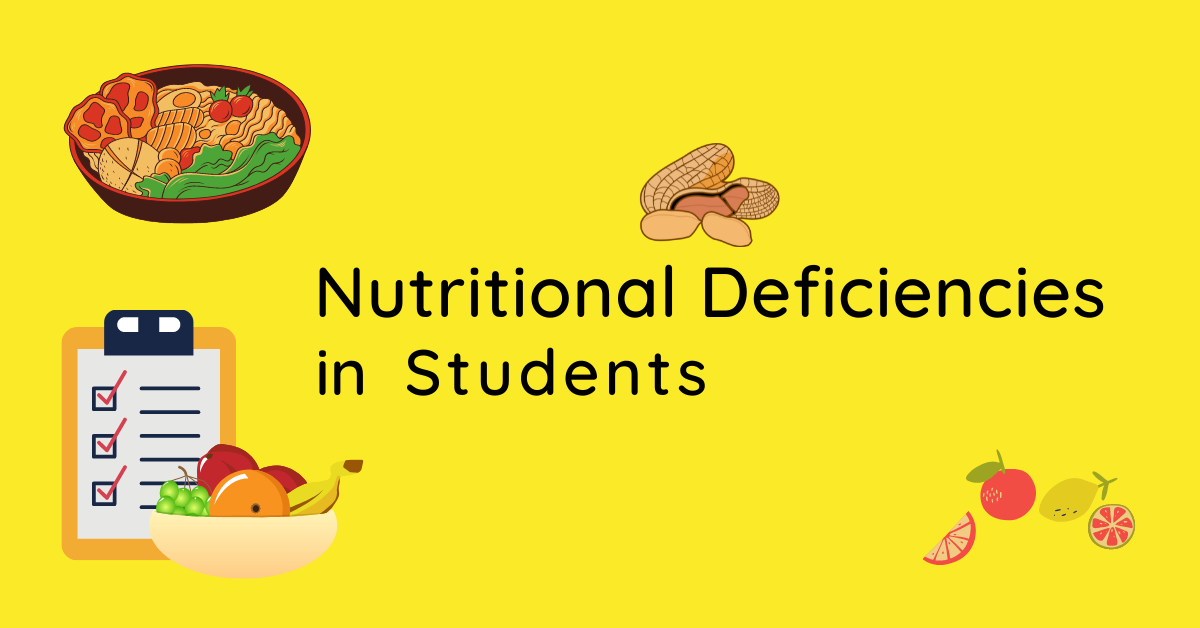Being a student is hard, among the hardest we feel. With uncertainty of future, comes stress. With tireless hard work, comes fatigue. What’s important to carry on your journey of competitive examination prep is a healthy mind and body. Being a student, it gets really difficult to keep track of what you put inside that body of yours, and this can lead to severe deficiencies, which if gone unnoticed can hinder you from your goal. Fear not, we are here to help you through this too.
In this article we have made a list of Nutritional deficiencies which are rampant in students and how to deal with it. Internet has the typical examples to deal with, but we’ll teach you how to incorporate changes into your lifestyle, that too subtly.
-
Iron
As students, one is prone to neglecting the leafy greens in one’s diet. Hence, first in the list is Iron. Its deficiency is commonly termed as ‘low hemoglobin’. Yes, same Hemoglobin as in your organic chemistry chapter. If, you are a female with heavy menstrual cycles, you too fall at risk.
Iron is necessary for many functions in the body including formation of hemoglobin, brain development and functions, maintenance of Immune system.
Lack of iron also hinders with the oxygen reaching the brain and hence affects memory.
Ways to deal with it:
- Include peanuts in your diet. Peanuts are nutritious snack alternatives. Snacking on a handful of peanuts can be a good way to introduce it in your diet.
- Alternatively, you can snack on assorted nuts and Raisins. Raisins are a rich source of iron.
- Substitute Sugar with Jaggery at least once a day. Personally, I like a spoonful of Jaggery with peanuts. Try it, its heavenly.
- Try introducing leafy greens in at least one meal of the day.
- If you are a non-vegetarian, meat and poultry should be a significant part of your diet. I personally go for mutton- livers.
-
Vitamin- B12
Now, this is a tricky one. Vitamin B-12 only comes from Animal sources. You see, animals have tiny bacteria in their gut that secretes vitamin B 12 which humans don’t have
So, one is more prone to falling deficient. Reports indicates that there exists more than 30% deficiency in adults and children in the country.
Ways to deal with it:
- If you are a vegetarian, the choices are very limited for you. But fear not, Try introducing a glass of milk or a bowl of curd in your daily diet. Cheese is also good snacking alternative.
- Non-vegetarians, you are good with your favorite meat delicacies.
-
Vitamin A
Now, for a student, vitamin A is very crucial. It is indispensable for normal vision. Very important to fight infections and some reports claim it can fight off cancers.
Ways to deal with it:
- This is easy, to be honest. Look for orange and yellow food. Mango, papaya, you get it.
- Like we said, leafy greens, the darker green, the better.
- Try having an egg every day.
-
Calcium
“All work and no play, makes Jack a dull boy” isn’t just a saying. Students tend to spend most of their wakeful hours inside and are hence deprived of sunlight. You see, sunlight helps in formation of vitamin D which helps in absorption of calcium. So, spending 10-20 min under the sun is recommended.
Ways to deal with it:
A glass of milk and a handful of Nuts, it can solve a lot of your problems, honestly.
While this is not an extensive list, these are good places to start. Some of these deficiencies only manifest when it’s too late, and if you consistently fail to consume healthy nutrient dense foods or supplement them, you will eventually develop one of these deficiencies. Also, the dietary advices here are not medical. Please consult your doctor before making any radical changes in your dietary regime.
Article by Rohit Baljot


